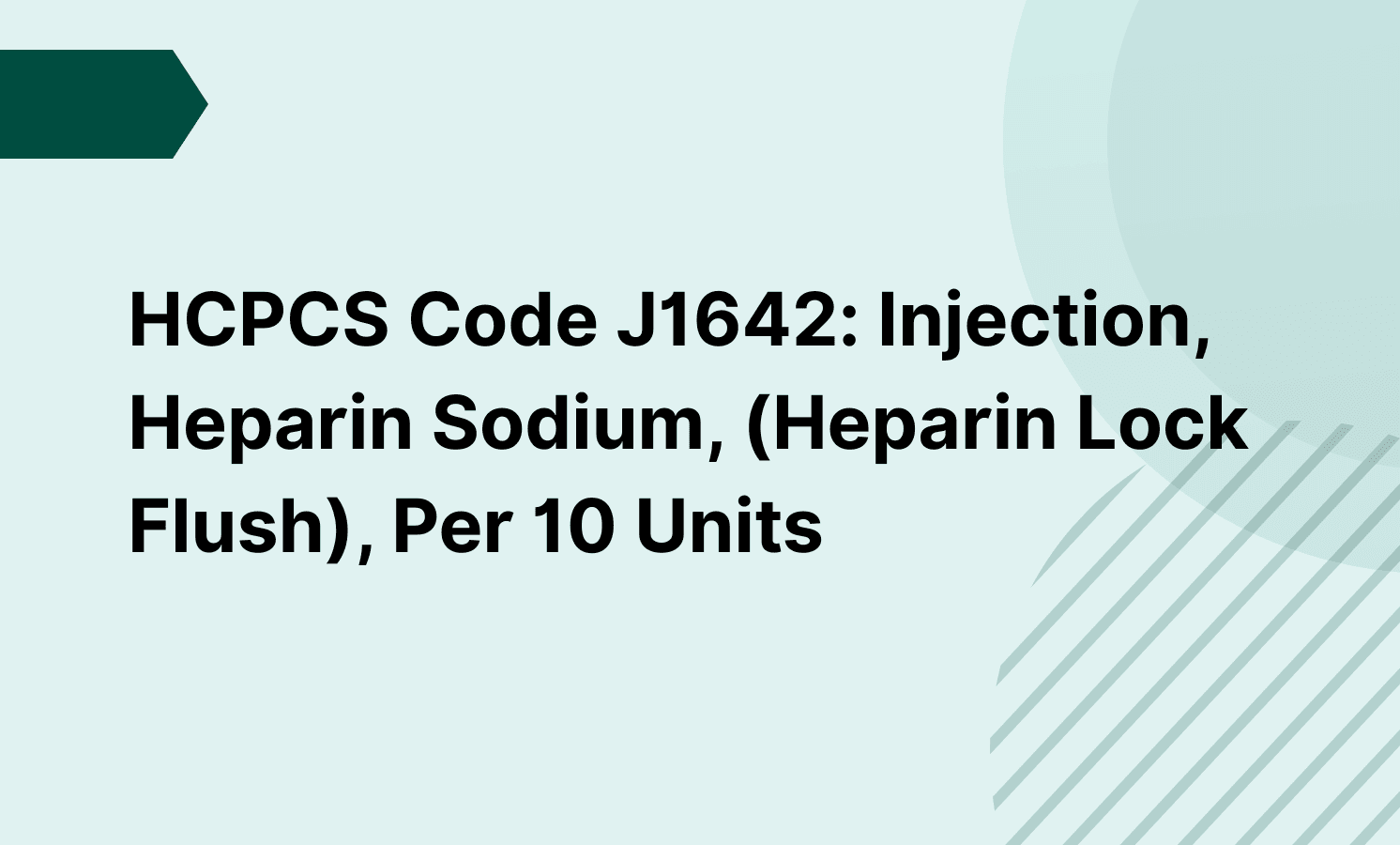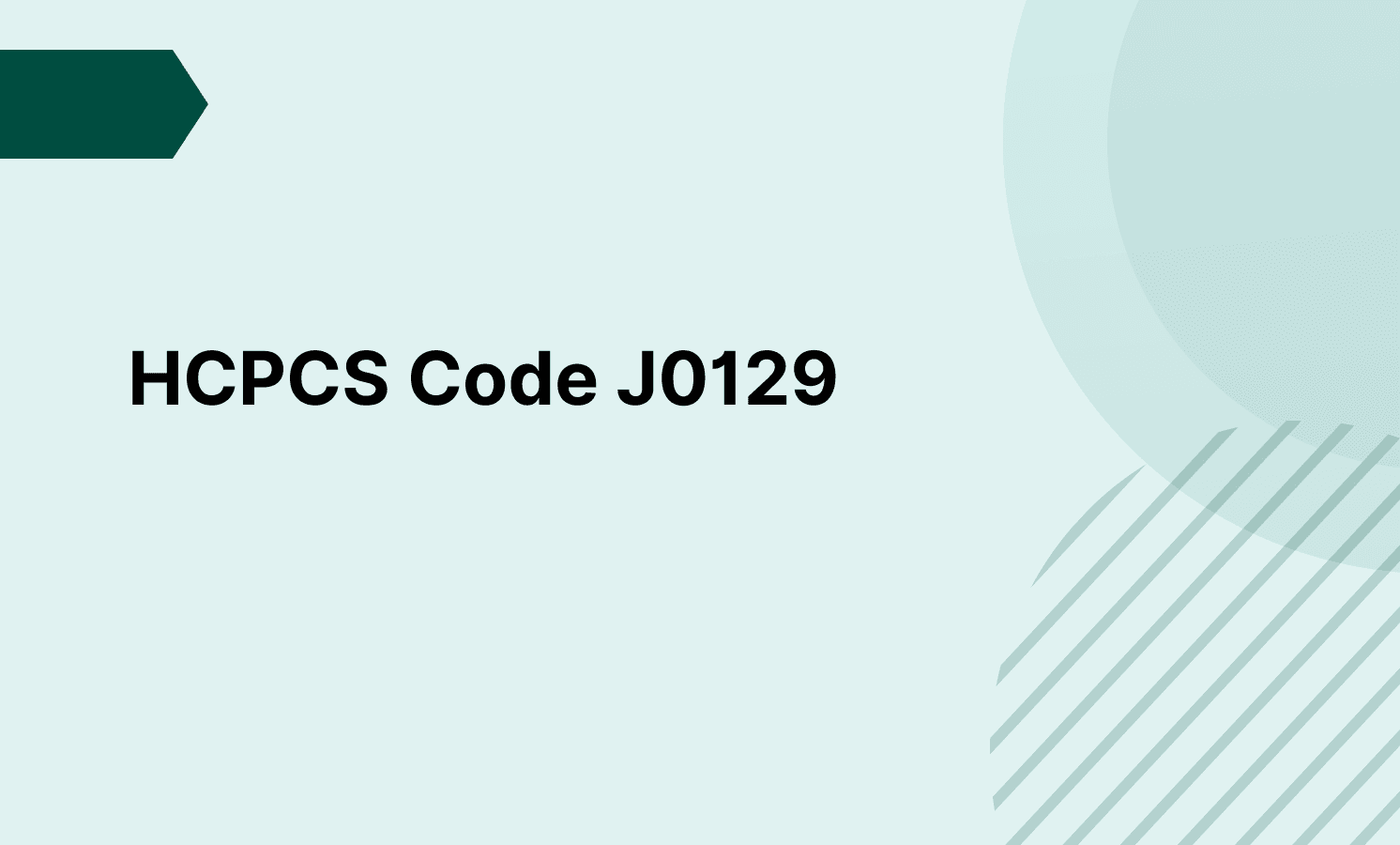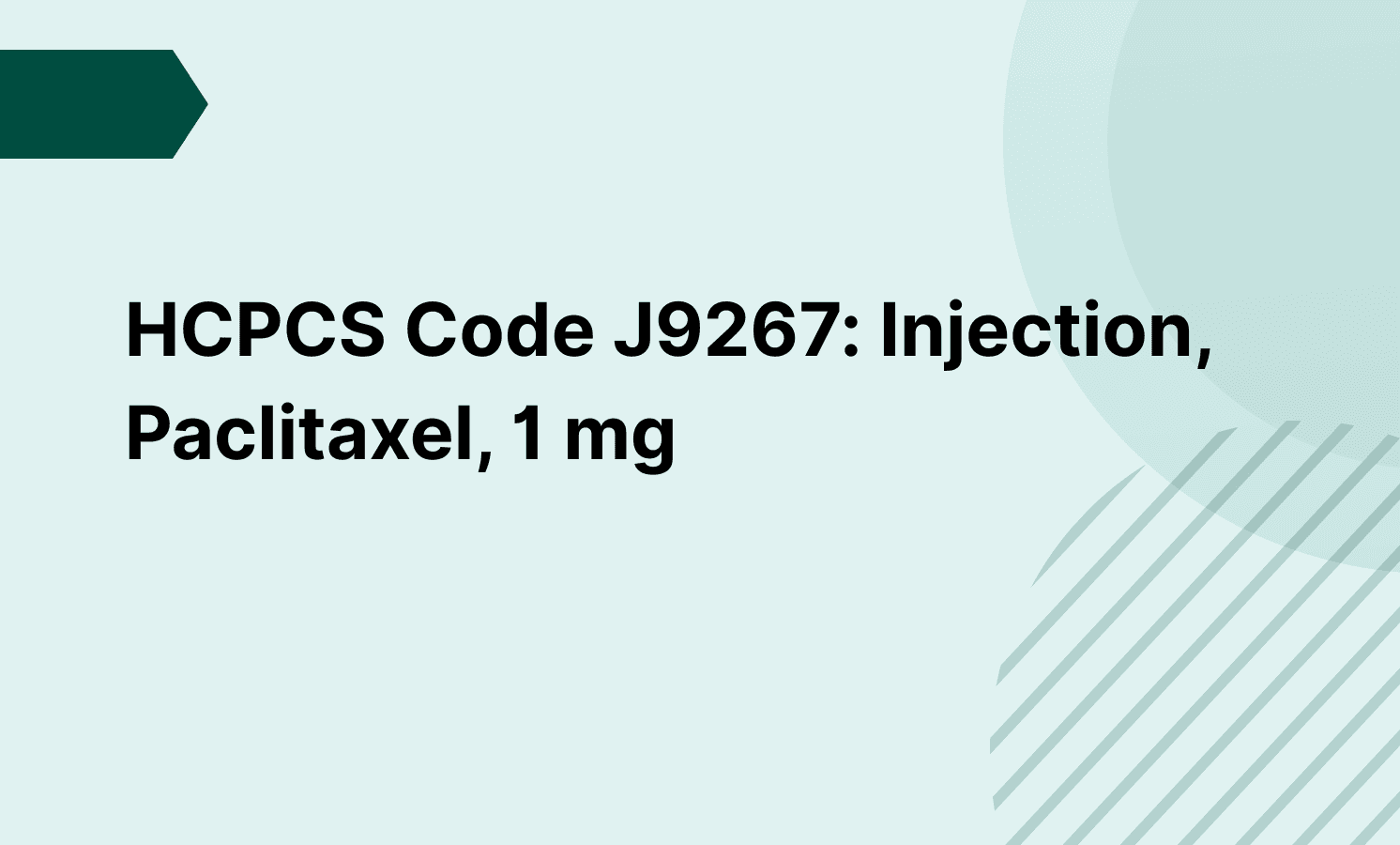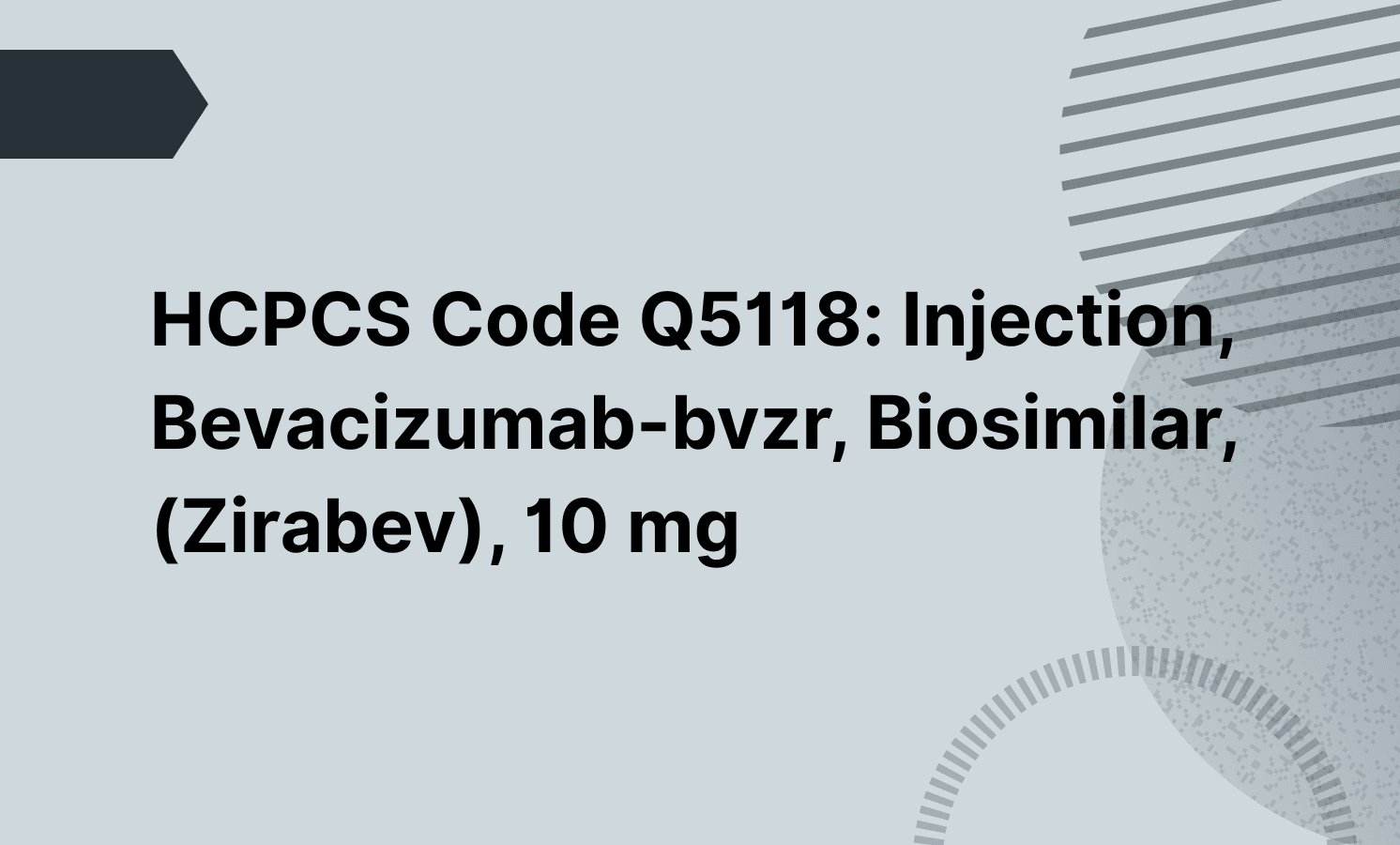Yes, CPT code 96110 is commonly used during routine pediatric exams as part of developmental surveillance.
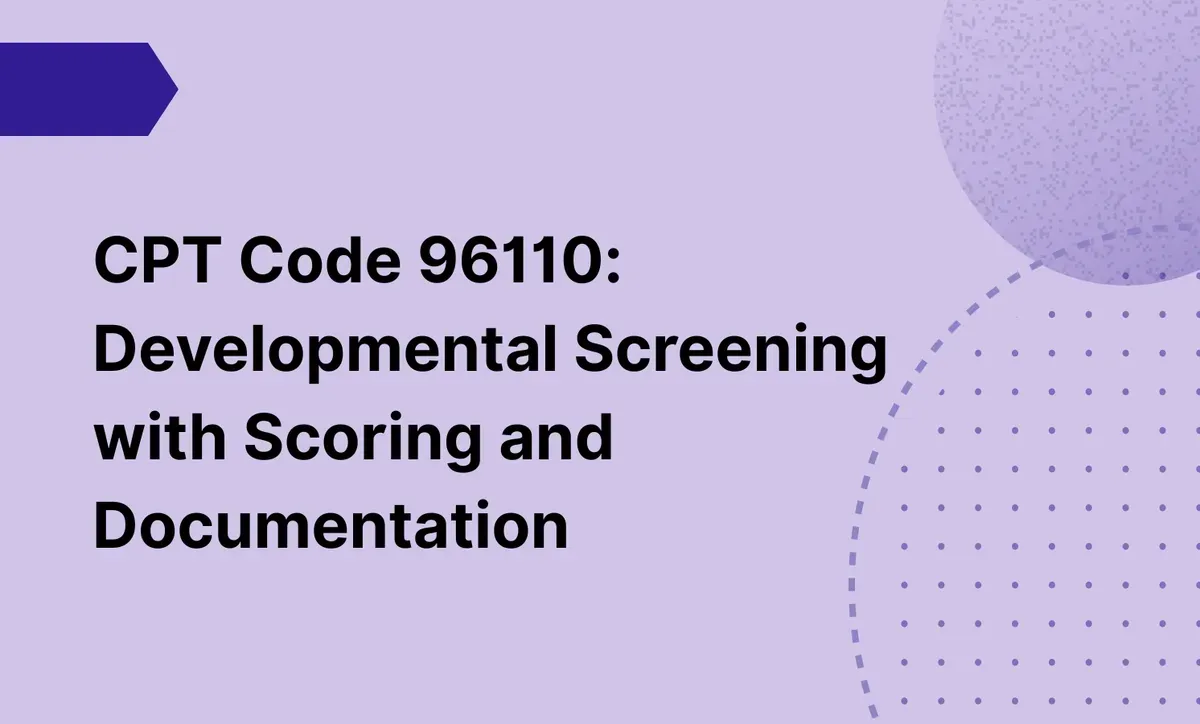
CPT Code 96110: Developmental Screening with Scoring and Documentation
Learn about CPT code 96110, used for developmental screening with scoring, helping healthcare providers assess milestones, and identify delays.
Use Code
Frequently asked questions
96112 is used for a detailed evaluation done by a provider, while 96110 is for quicker, structured screenings typically filled out by parents or caregivers.
It helps catch delays early so kids can get the right support, especially regarding things like autism screening.
EHR and practice management software
Get started for free
*No credit card required
Free
$0/usd
Unlimited clients
Telehealth
1GB of storage
Client portal text
Automated billing and online payments

